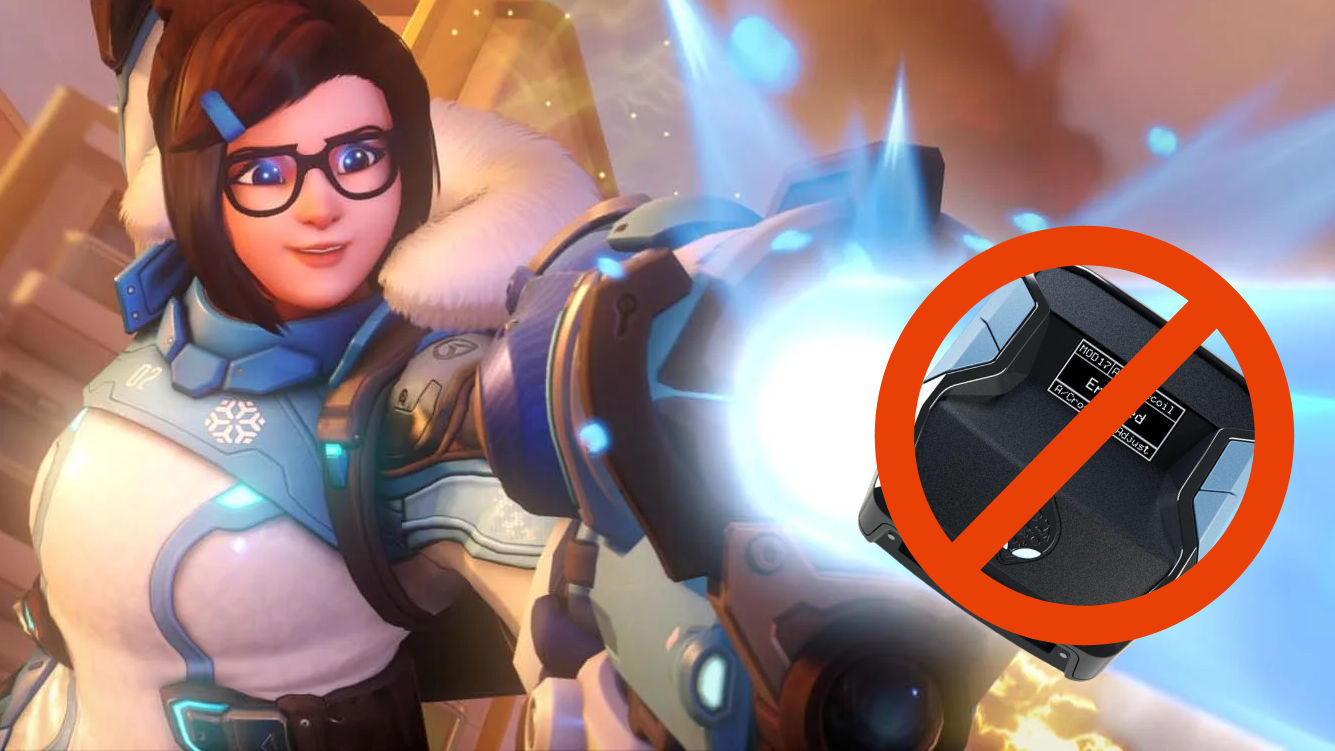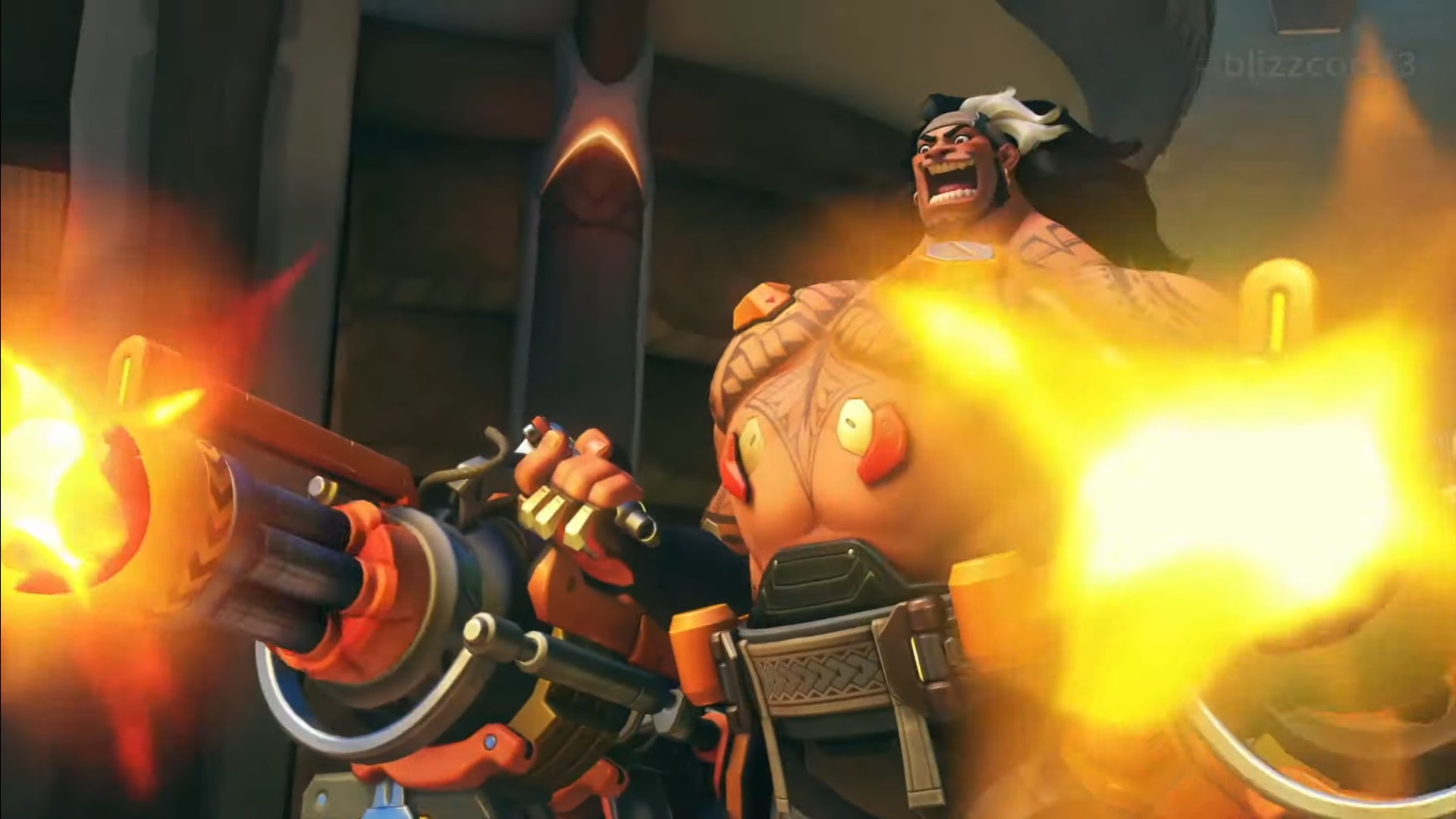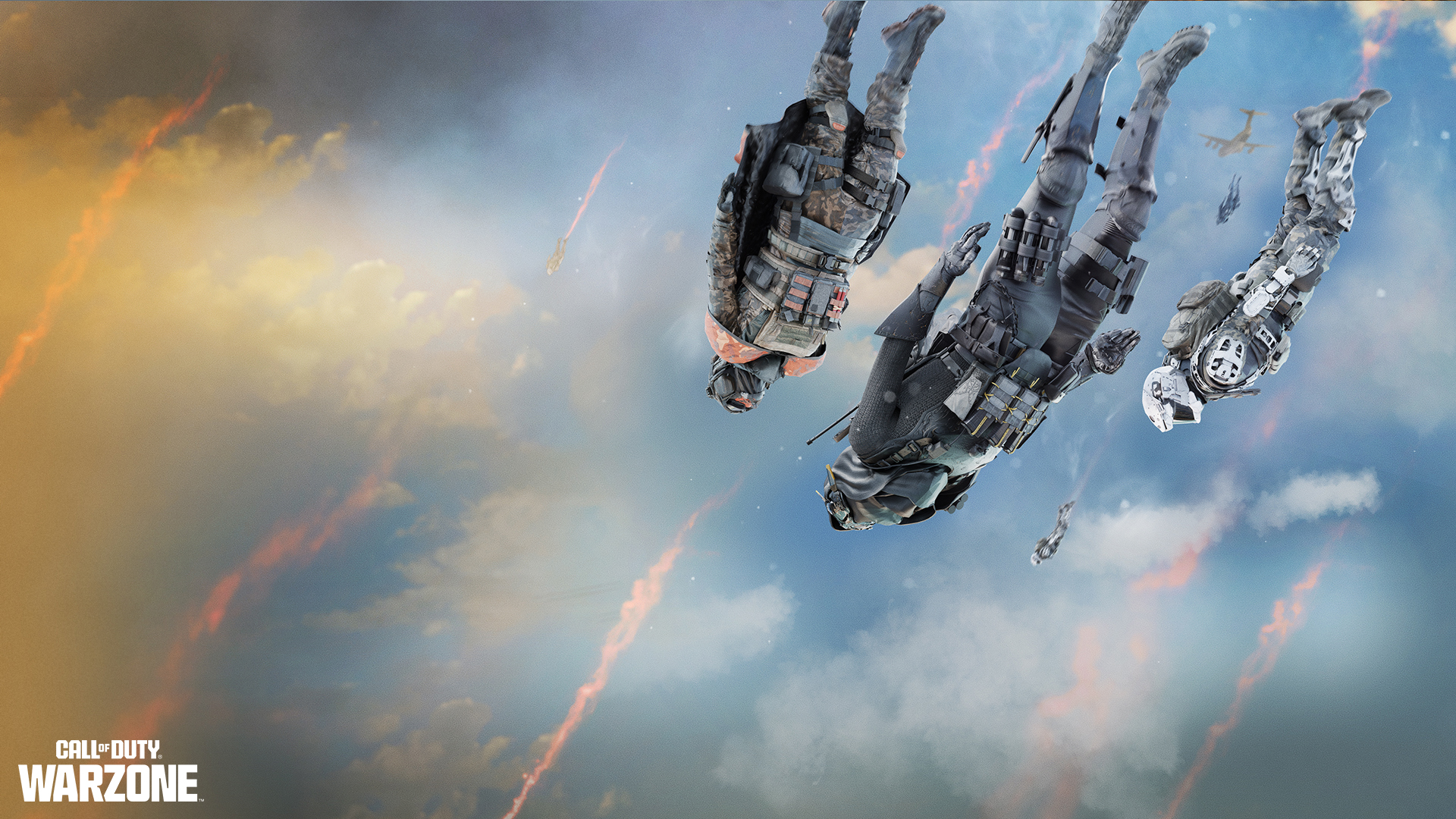
What you need to know
- Blizzard senior game producer Adam Messey and lead gameplay engineer Daniel Razza took over the weekly Director's Take to address issues surrounding players using third-party, unapproved peripherals in Overwatch 2.
- The studio has been working on unapproved peripheral detection methods by monitoring gameplay closely for the last several seasons. It has been determined there is "highly apparent" usage of cheat peripherals in Grand Master and Champion rank competitive modes.
- New methods of cheat mitigation will be introduced with Season 11 to detect and deter players using unapproved peripherals.
- Special attention is being paid to prevent bans and mitigations from being handed out to the members of the community with specialized accessibility needs that are met with the aid of peripherals.
If you've been using a Cronus Zen or other unapproved peripheral to modify your gaming experience in Overwatch 2, consider this your heads up to disconnect it before you incur a permanent account ban. This week's Director's Take from Blizzard featured commentary for Overwatch 2's senior game producer, Adam Messey, and lead gameplay engineer, Daniel Razza, who took the opportunity to share information on the studio's cheat mitigation efforts.
Those efforts include months of hardware detection data to pinpoint when and where cheat hardware was rampant, and will be followed up with waves of bans for the users with a history of proven abuse in Overwatch 2.
Unapproved peripherals on console
Blizzard's enforcement team has spent the last few seasons of the game closely monitoring player habits. In doing so, it has uncovered an alarming number of players using devices like the Cronus Zen and other hardware deemed "unapproved peripherals" to gain an advantage in competitive gameplay.
While Overwatch 2 on console does not currently support mouse and keyboard input, players have used these unapproved peripherals to trick the console into thinking gaming mice and keyboards are controllers. This trick allows the player to take advantage of input-specific features geared for controllers, like aim assist, while still having all the precision and aiming power of a mouse. Blizzard's data detected that high-ranked players, mostly at Grand Master or Champion levels of play, were the most prone to using these cheat tools, while those in Bronze and Platinum ranks were much rarer.
Blizzard's leadership stopped short of describing the methods used to collect player data and peripheral usage, in an effort to prevent manufacturers from finding new ways to circumvent detection efforts. The enforcement team must also grapple with the needs of the accessibility community, who may utilize third-party peripherals to make gameplay possible. According to Blizzard, special considerations for players with accessibility needs have been made with regard to unapproved peripherals. These particular controller setups are less likely to trigger enforcement, but there is still the potential for error, which led to Blizzard adjusting its plans for punitive actions.

Cheat mitigation and the future of Overwatch 2
Of course, the knowledge that there are players using cheat tactics in a competitive multiplayer title feels like a given in this day and age. The question becomes, "What is Blizzard going to do about it?" Most of the enforcement plans are slated to start with Season 11, however, waves of bans for the most egregious cheaters will begin taking place immediately. The first waves will mostly affect high-ranked players, which will inevitably be followed up by players posting on social media asking why they're banned.
Once Season 11 begins, when players are caught using cheat tools on console, they will start to see week-long suspensions from competitive playlists. To return to competitive at the end of the suspension, the player must remove the unapproved peripheral from their console setup. Those who choose to keep their cheats intact will continue to be restricted from Competitive modes.
That doesn't mean it's a-okay for unapproved peripherals in Quick Play, however. As players are using these third-party devices to play with unsupported inputs, Blizzard sees fit to restrict those determined to be cheating's access to controller support mechanics, like aim-assist. It will also lump those peripheral-using console players in with the PC pool of mouse-and-keyboard players to further level the playing field.

TeamRICOCHET vs Blizzard anti-cheat mitigation
Blizzard's approach to anti-cheat mitigation is a more direct means of enforcement than what we see from fellow enforcement TeamRICOCHET behind the first-person shooter franchise, Call of Duty. Like Overwatch, Call of Duty has a massive competitive player base. The free-to-play Call of Duty: Warzone and premium paid Call of Duty: Modern Warfare 3 multiplayer experience have also been plagued with various cheats, software hacks, and third-party peripherals.
Activision's TeamRICOCHET, however, has opted to play cat-and-mouse with Call of Duty's cheaters. Each season, new mitigation efforts are deployed to keep known cheaters in the game, giving TeamRICOCHET a chance to drill into those players' data and develop new detection methods. In the past, TeamRICOCHET has deployed mechanics like SPLAT!, which removed a player's parachute and turned every bunny hop into a 10,000-foot free fall. Other methods such as invincibility cloaking, damage nerfs to cheaters, and even player holograms have all made their way to Warzone and COD multiplayer.
TeamRICOCHET does also take advantage of ban waves as Blizzard is planning to do during Overwatch 2's Season 10, having banned more than 70,000 confirmed cheaters following the launch of Modern Warfare 3's third season. However, Blizzard's more direct enforcement efforts are likely to have a more pressing and noticeable effect on the actual feel of gameplay during competitive matches as cheaters are actively removed—an issue Call of Duty's competitive community continues to grapple with despite mitigations.







